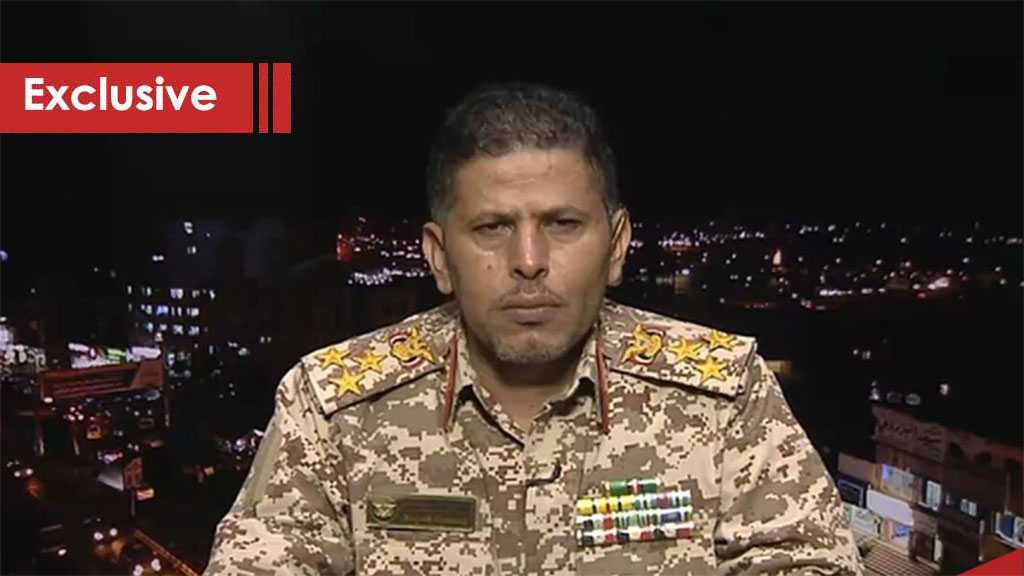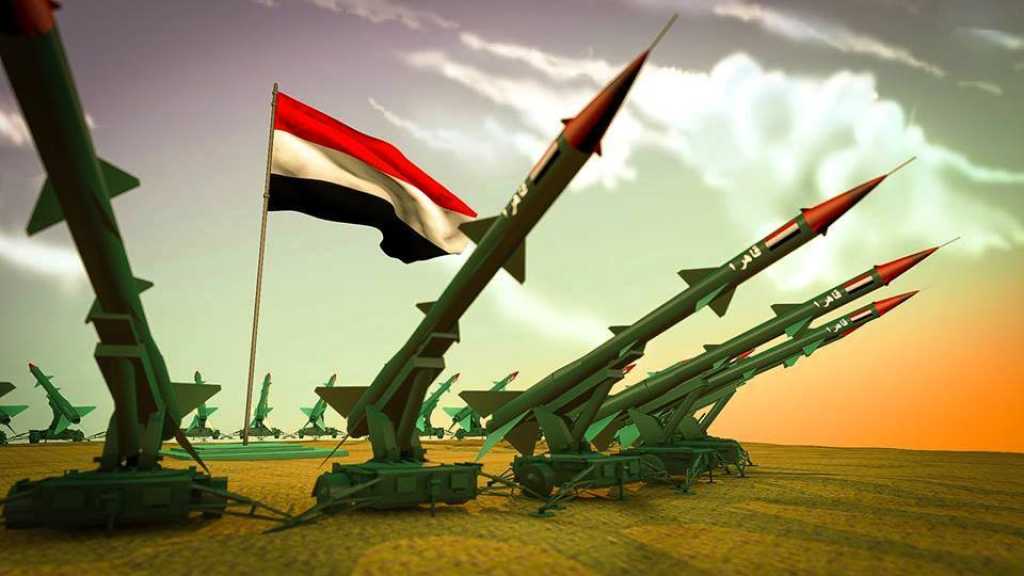
Yemeni Military Spox Committee: Gov’t Assassination Marks Escalation Shift in Yemen

By Mostafa Awada
The assassination of Yemeni Prime Minister Ahmed Al-Rahwi and several civilian ministers at the hands of the Zionist enemy marked a dangerous turning point in Yemen’s confrontation with “Israel”, opening the door to open-ended escalation centered on qualitative deterrence and strategic surprises.
In a statement to Al-Ahed News, Brigadier General Mujib Shamsan, head of the Military Spokespersons Committee, stressed that this crime represents a blatant violation of all international conventions and cannot be separated from the chain of crimes committed by the enemy across multiple arenas—from Gaza to Lebanon, and now in Yemen. He confirmed that Yemen’s response is imminent and will not be conventional.
Assassination: Weakness, Not Military Success
Brigadier General Shamsan described the targeting of a civilian government as a sign of bankruptcy rather than a military achievement.
He said: “What the Zionist enemy committed in this heinous crime—assassinating the prime minister and accompanying ministers—can by no means be considered a legitimate military operation. Rather, it is an act of terrorism targeting civilian service institutions, with known locations and functions, and which have no connection to any combat or military activities.”
He added that the assassination reflects an attempt by the enemy to compensate for its losses and evident failures on the battlefield—whether in Gaza, Lebanon, or even Yemen, where for months it has failed to achieve any meaningful breakthrough.
The Palestine-2 Missile: A Shift in the Deterrence Balance
Shamsan revealed that the Palestine-2 missile has now entered operational service. This advanced missile carries a cluster warhead capable of transforming in its final moments into a platform that releases multiple sub-missiles—complicating “Israeli” defense systems and expanding the scope of the threat.
He noted: “The Zionist enemy must prepare for what lies ahead. We still have much in store, and what we are doing is not merely reactive—it is a set of calculated steps within the framework of a long-term strategic battle.”
Assassinations Unmask a Failed Strategy
Brigadier General Shamsan explained that assassinations are not a new “Israeli” tactic. The enemy previously assassinated President Saleh Al-Sammad, and now it has targeted the prime minister in an attempt to disrupt Yemen’s command-and-control structure.
He stressed that this policy is nothing but an admission of military failure, especially after more than 23 months since the launch of Operation Al-Aqsa Flood, during which “Israel” has failed to achieve any real field success in Gaza despite its excessive use of force and repeated massacres.
Yemeni Internal Destabilization Thwarted
Shamsan revealed that the assassination of the government was part of a broader scheme aimed at destabilizing Yemen internally. This coincided with attempts by local mercenaries to exploit the anniversary of the founding of the General People’s Congress to incite unrest.
According to Shamsan, the plot failed thanks to the awareness of Yemen’s national leadership and the cohesion of its political and security forces, who decisively neutralized these sabotage efforts.
Armed and Ready for the Big Battle
Assessing the broader military situation, Brigadier General Shamsan confirmed that Yemen today possesses advanced field capabilities surpassing anything it had before. He highlighted major progress in missile and drone technology, all part of a comprehensive strategic vision.
He emphasized: “Yemen does not view what is happening in Gaza as merely an act of solidarity—it is a battle for existence. If Gaza falls, the enemy will move on to another country. That is why Yemen is preparing for a decisive battle and will not play all its cards at once.”
Saudi Arabia: Complicit in the Aggression
Shamsan accused Saudi Arabia of playing a direct military role in supporting the Zionist entity—not only through financing but also through logistical and technical backing.
He pointed out that Riyadh has financed assassinations of leaders in the Axis of Resistance, including Sayyed Hassan Nasrallah and leaders from Hamas and Islamic Jihad, while also supporting aggressive operations against Yemen.
He further revealed that 153 oil shipments have been transferred from Saudi Arabia’s Yanbu Port to “Israeli” ports since the start of the Operation Al-Aqsa Flood. Additionally, an “Israeli” air defense system has been deployed inside Saudi Arabia to intercept Yemeni missiles before they reach occupied Palestinian territory—constituting direct military involvement in the Zionist aggression.
Yemen’s Battle Continues … Until Victory
Brigadier General Shamsan concluded by affirming that Yemen remains steadfast in its resistance and committed to the wider battle of the nation. He stressed that Yemen will not back down under pressure or threat in this sacred confrontation with the American-Zionist project, and will remain at the forefront until the full rights of the region’s peoples are restored.


